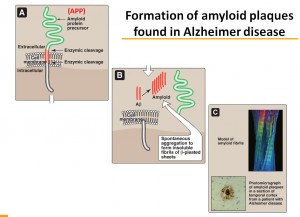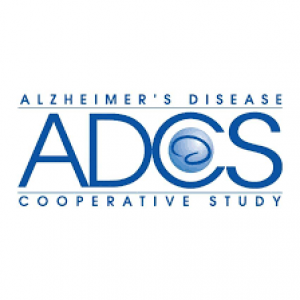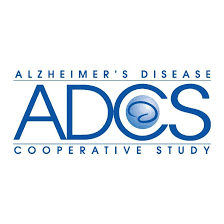Nautilus Launches ‘Jewish Penicillin’ Cough Drops That Provides Unique Cold Fighting Effects Of Chicken Soup And Menthol
“Your Jewish grandmother may have unknowingly believed that her chicken soup had a mysterious therapeutic effect on the immune system, the old adage: Feed a cold, starve a fever, may be a medically sound principle when it comes to the common cold,” said Davis. “Her homemade chicken soup was renowned for relieving colds and nourishing pregnant women,” noted Davis. Traditional Chicken soup may contain a number of substances with beneficial medicinal activity including an anti-inflammatory mechanism that could ease the symptoms of upper respiratory tract infections, according to a new study. The study was reported in the October issue of CHEST, the peer-reviewed journal of the American College of Chest Physicians. The suspected benefits of chicken soup were reported centuries ago. The Egyptian Jewish physician and philosopher, Moshe ben Maimonides, recommended chicken soup for respiratory tract symptoms in his writings back in the 12th century. Hence the well-earned nickname of “Jewish penicillin.”
“There are substances (in chicken soup) that could affect cells in the body, that could potentially have medicinal effects, but whether they are good or bad for you, we didn’t test,” said study author Dr. Stephen Rennard, Larson professor of medicine at the University of Nebraska Medical Center in Omaha. Because the study was done in a laboratory and not in humans, Rennard cautions that it remains to be seen whether one would even absorb the substances that appeared to have beneficial effects in the lab.
About Nautilus Biotech Corporation
Nautilus Biotech Corporation is a special purpose company formed on November 21 2007 under the laws of the State of Delaware, Incorporation Number: 4461554 under the Department of State: Division of Corporations. Nautilus Biotech Corporation is a leading biotechnology company focused on the discovery, development, and commercialization of novel biomedical technologies to address cognitive issues in neurodegenerative diseases and other age-related aspects of aging and memory loss. Nautilus Biotech Corporation, is the leading developer of natural drug-free, stop smoking alternatives and herbal stop smoking remedies.
† These statements have not been evaluated by the Food and Drug Administration. This product is not intended to diagnose, treat, cure or prevent any disease.
This news release is available to stream via Spotify: https://open.spotify.com/episode/7Ck9GyoFnX6h5B0pXs9SPw
Richard H. Davis
Nautilus Biotech Corporation
+1 415-851-5353
jewishpenicillin@googlegroups.com
Chicken soup: The story of "Jewish penicillin"



















